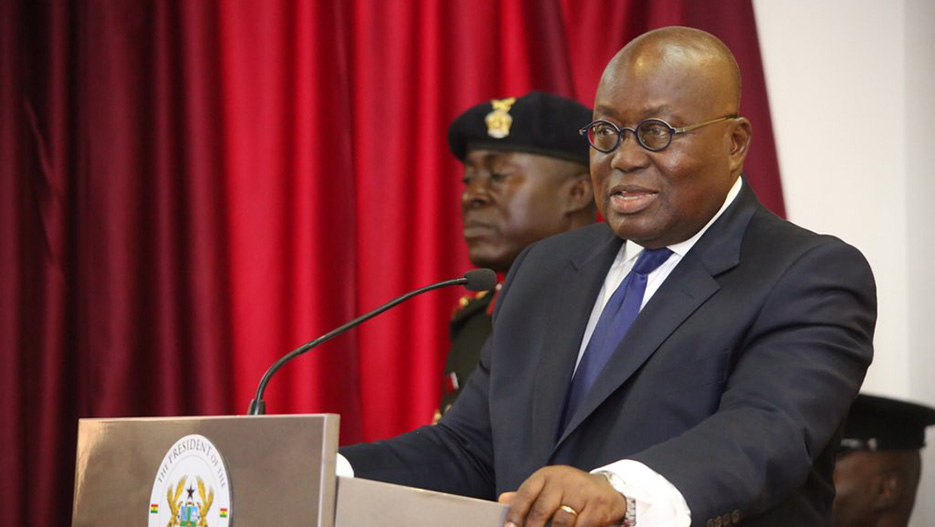President Akufo-Addo’s Mandate: Building a Ghana beyond Aid
Earlier in June, Nana Akufo-Addo announced that the mandate of his administration is to lay foundations to the most business-friendly and people-friendly economy in Africa, which will create jobs and prosperity for all Ghanaians.

Accra, June 2017
Dominika Bzduchova
Nana Akufo-Addo took over the office of John Dramani Mahama in February 2017 after the former human rights lawyer won the presidential elections that took place in Ghana back in December 2016. The event marked yet another peaceful transition of power in Ghana, thereby “fighting the tide of history”—fighting a practice that still lingers all around Africa where certain leaders wish to hold onto their offices under any circumstances.
Akufo-Addo stepped up to his office amid grave times when Ghana was suffering from a sluggish economy and when Ghanaians were unhappy with the prevailing ruling status quo. The new President has immediately pledged to return Ghana “back on the path of progress and prosperity.” He later vowed to “not let you, the people of Ghana, down.” He also promised to boost Ghanaian economy by lowering taxes and remarked that Ghana was “open for business again.”
The President’s administration thus has a clear—and indeed an urgent—objective. Earlier in June, Akufo-Addo announced that the mandate of his administration is to lay foundations to the most business-friendly and people-friendly economy in Africa, which will create jobs and prosperity for all Ghanaians. The first step on their agenda is to empower Ghana’s private sector through measures entailing of, among others, a monetary policy that will stabilize the Ghanaian cedi.
The President noted that this approach “is the only way we can build a Ghana beyond aid, that is, freeing our people from a mindset of dependence, aid, charity, and handouts.”
The overarching aim is to build up Ghana’s competitiveness in the surrounding West African region, with a primary focus on agriculture and manufacturing.
The President noted that this approach “is the only way we can build a Ghana beyond aid, that is, freeing our people from a mindset of dependence, aid, charity, and handouts, and building a self-reliant economy which will mobilize the immense resources of Ghana, material and human, with women and youth in the forefront, to resolve Ghana’s problems.”
The latest initiative targeting Ghana’s agriculture “Planting for Food and Jobs” is expected to boost the country’s agricultural sector, especially by employing recent graduates in the field to the public sector.
In addition, Akufo-Addo wants to introduce a free-of-charge senior high school education starting from September 2017. “It’s not that there’s a lack of inability, it’s a lack of money,” he explained. “Poor parents have not had the opportunity to keep their children enrolled in school, which is a major loss for the development for our country.”
All in all, Ghana’s path is clearly set and the next months won’t be hurdle-less, however Akufo-Addo’s administration’s pace on this path appears to be so far firm and confident.
FAIR USE POLICY
This material (including media content) may not be published, broadcasted, rewritten, or redistributed. However, linking directly to the page (including the source, i.e. Marcopolis.net) is permitted and encouraged.